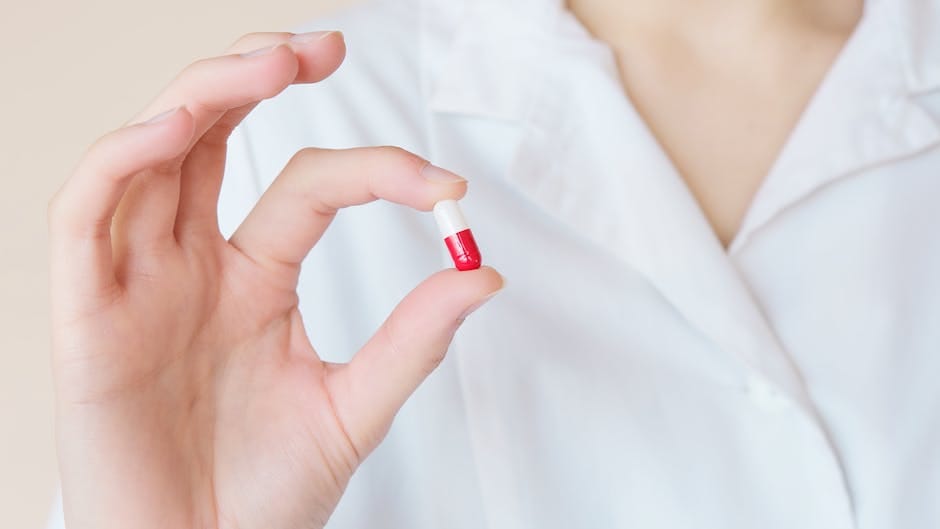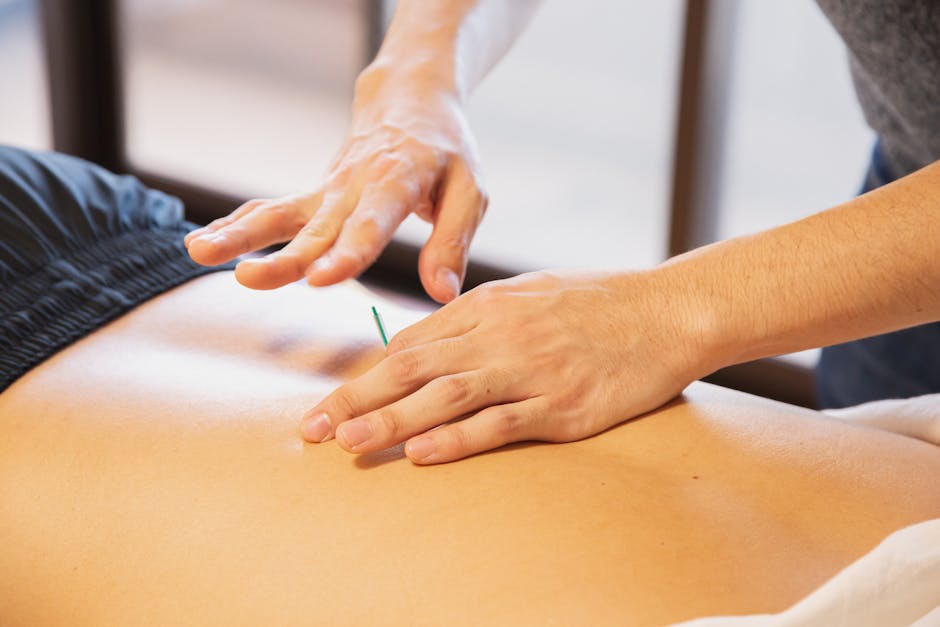What&039;s The Deal With Acne? A Breakdown Of Treatments That Actually Work
Acne. It's the uninvited guest that shows up at the worst possible times. Whether you're a teenager dealing with hormonal breakouts or an adult experiencing occasional blemishes, acne can be frustrating and impact your self-confidence. Luckily, there are a variety of treatments available that can help clear your skin and prevent future breakouts. Let's explore some of the most effective options out there.
Over-the-counter treatments are often the first line of defense against acne. Look for products containing benzoyl peroxide or salicylic acid. Benzoyl peroxide kills bacteria and helps to unclog pores, while salicylic acid exfoliates the skin and removes dead skin cells that can contribute to breakouts. These treatments are readily available at drugstores and can be effective for mild to moderate acne.
If over-the-counter options aren't cutting it, it might be time to consider prescription treatments. Topical retinoids, derived from vitamin A, are a popular choice. They increase cell turnover, preventing pores from clogging and reducing inflammation. Antibiotics, either topical or oral, can also be prescribed to target the bacteria that contribute to acne.
For more severe cases of acne, a dermatologist might recommend oral contraceptives for women. These can help regulate hormones that can trigger breakouts. Another option is isotretinoin, a powerful medication that can significantly reduce or even eliminate acne. However, it's important to be aware of potential side effects and discuss them thoroughly with your doctor.
Beyond traditional medications, there are other treatments that can complement your acne-fighting routine. Chemical peels and microdermabrasion can exfoliate the skin and improve its texture. Light therapy can target acne-causing bacteria and reduce inflammation. These treatments are typically performed by a dermatologist or esthetician.
Lifestyle changes can also play a significant role in managing acne. Maintaining a healthy diet, rich in fruits, vegetables, and whole grains, can contribute to clearer skin. Regular exercise can help regulate hormones and reduce stress, which can sometimes exacerbate acne.
Proper skincare is essential. Wash your face twice a day with a gentle cleanser, and avoid harsh scrubbing. Use non-comedogenic moisturizers and makeup to prevent clogged pores. And remember, never pick or squeeze pimples, as this can lead to scarring and further inflammation.
Finding the right acne treatment can take time and experimentation. What works for one person may not work for another. Be patient, consistent with your chosen treatment, and don't hesitate to consult with a dermatologist for personalized advice and recommendations. They can help you develop a tailored plan to achieve clear, healthy skin.


